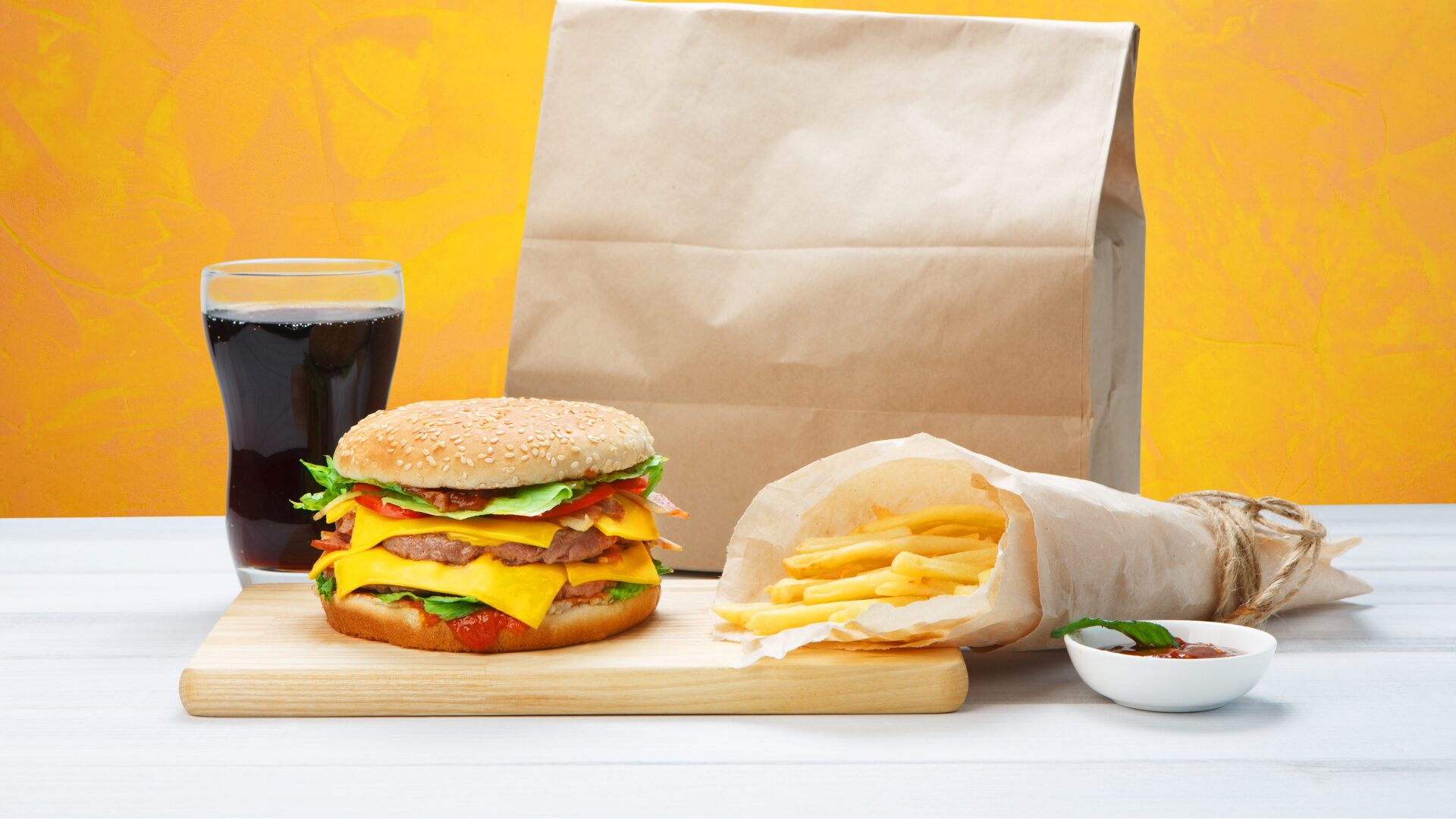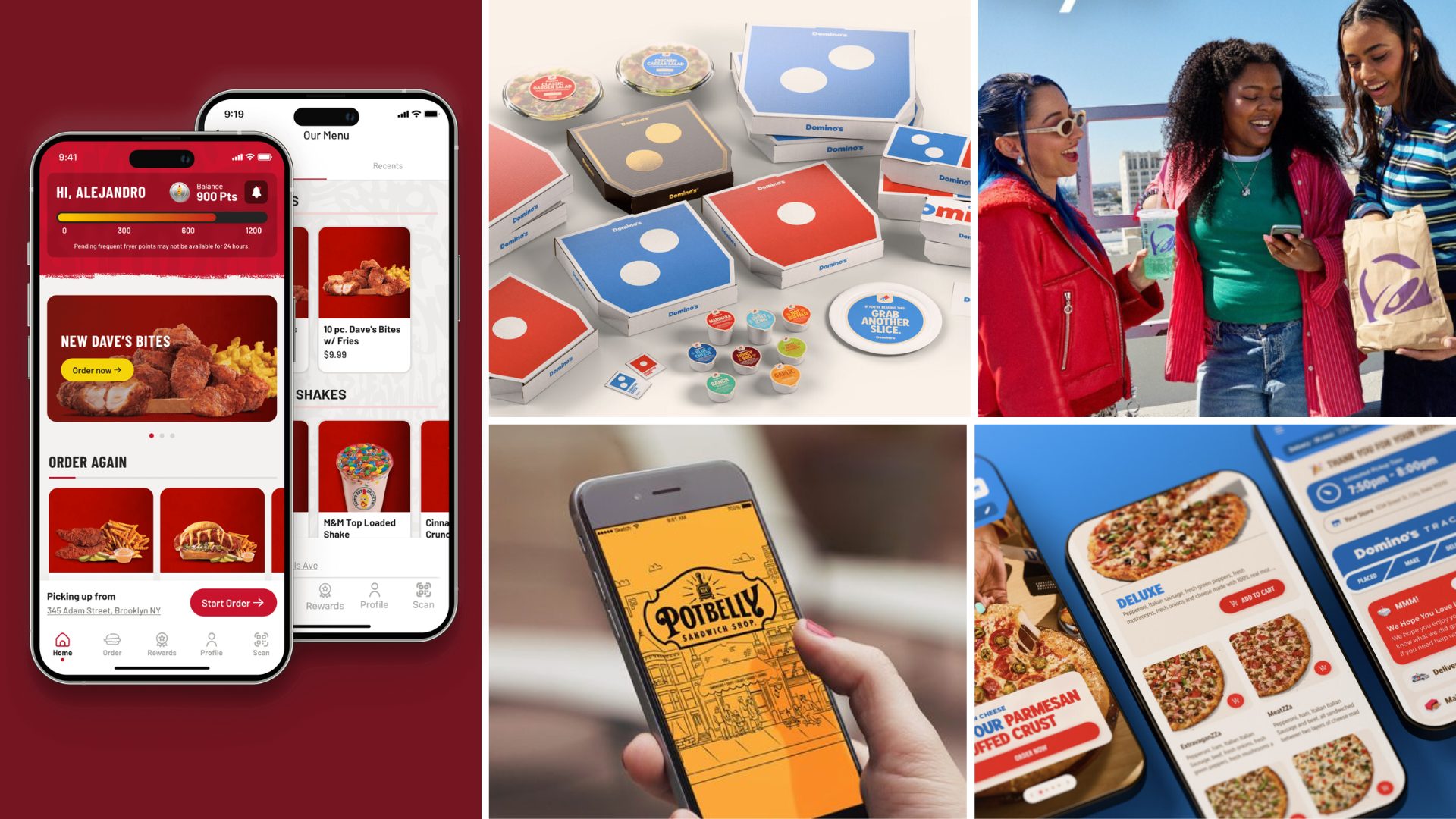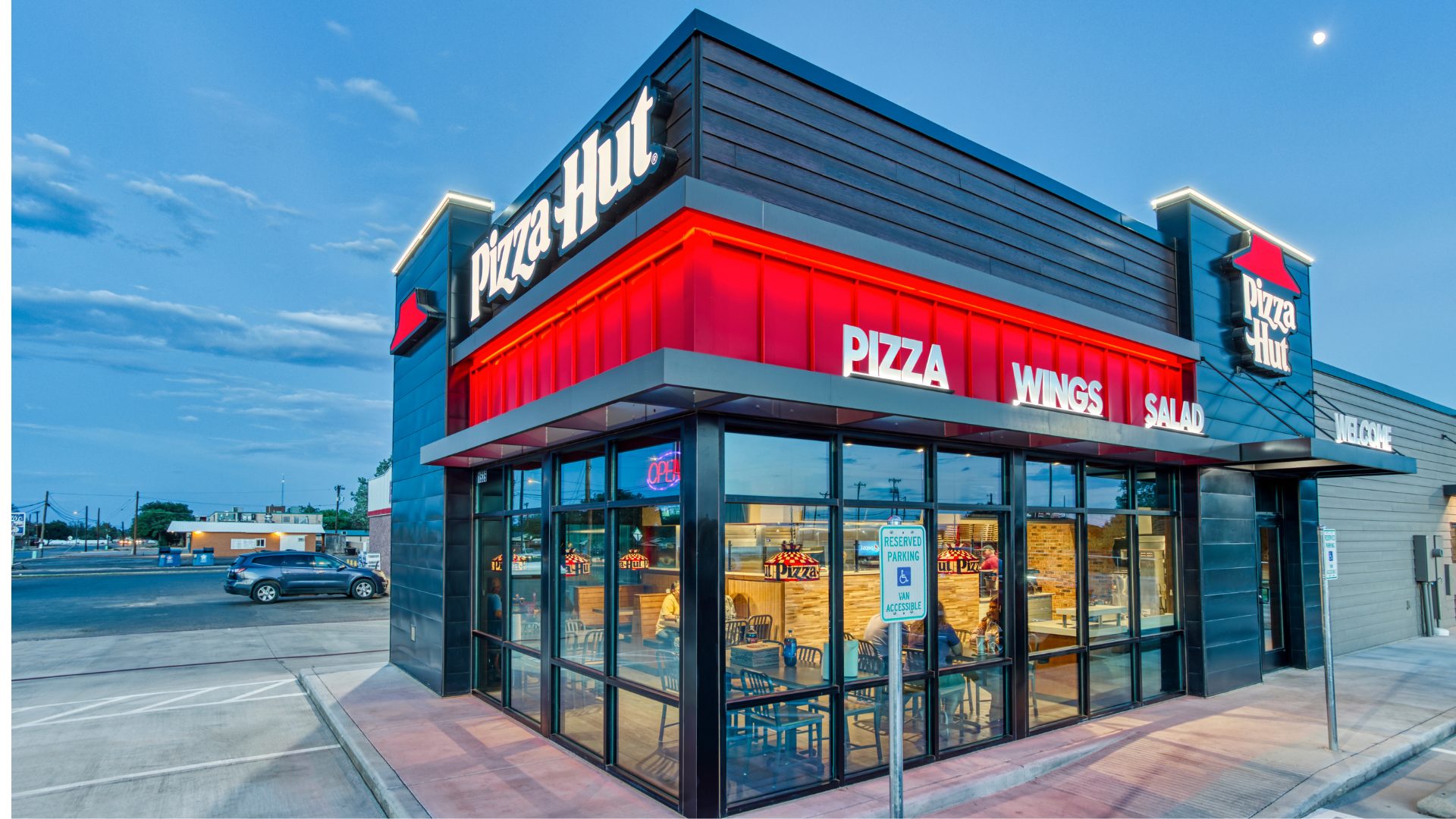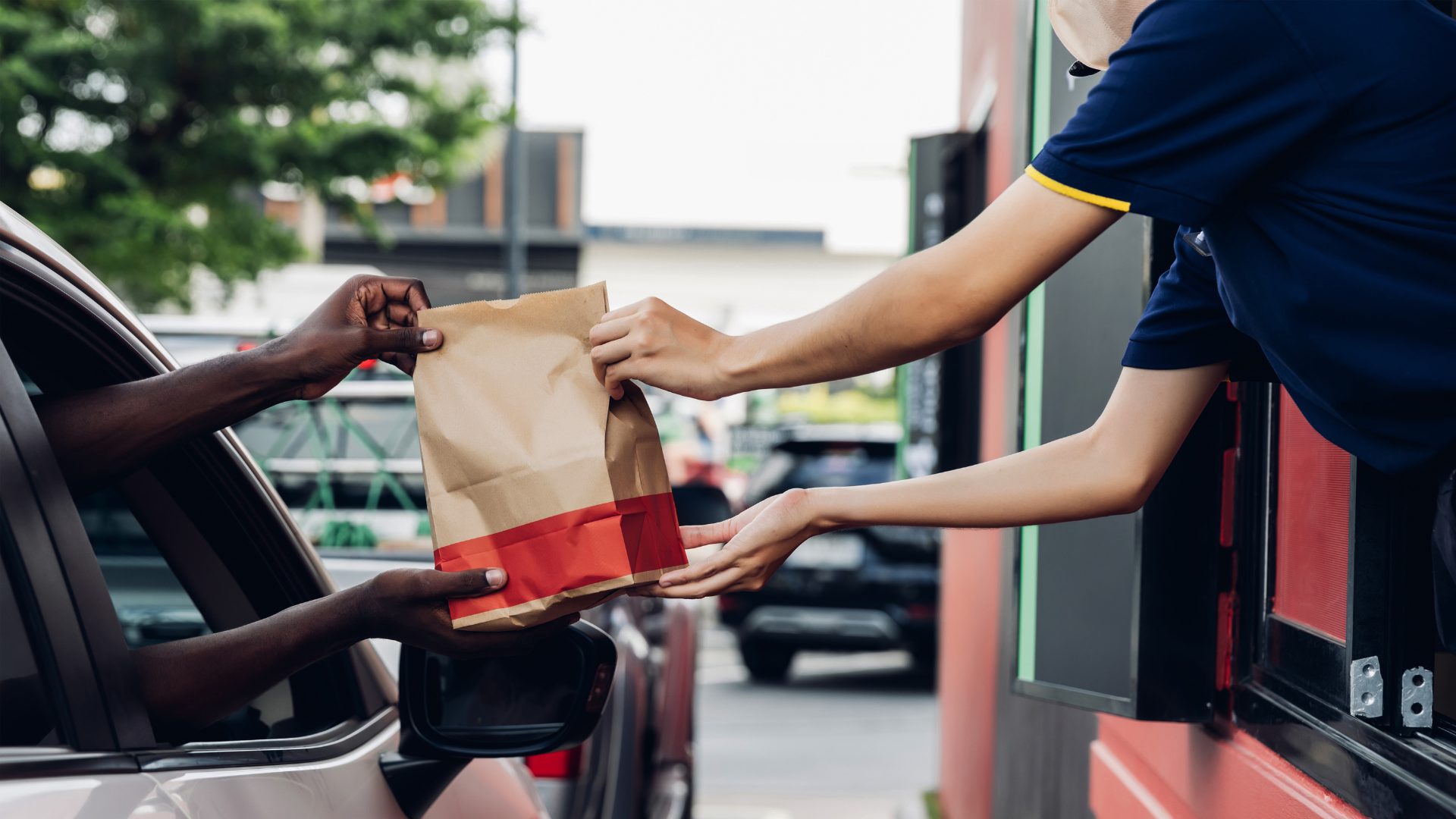In October 2015, Chipotle disclosed an E. coli outbreak that affected more than 50 people in nine states. The outbreak had an instant and enormous impact on sales. In the fourth quarter of that year – more than half of which came before the outbreak was disclosed – same-restaurant sales plunged nearly 15% year-over-year. In the first quarter of 2016, the decline expanded to 29.7%; for that full year, same-restaurant sales dropped more than 20%.
In the two years after the outbreak, Chipotle stock would lose more than half of its value. In November 2017, founder and CEO Steve Ellis stepped down, in no small part due to the crisis. In a sign of how little confidence investors had in Ellis and his company, Chipotle stock gained more than 5% the day the resignation was announced.
Last month, McDonald’s suffered an outbreak of its own. Forty-nine cases were reported across ten states over two weeks, with one death and multiple hospitalizations. Yet, the reaction has been much more tame.
McDonald’s stock dropped 5% last week when the CDC linked the outbreak to the company’s Quarter Pounders, but shares have stabilized since.
There’s been no organized outcry from consumers; CEO Chris Kempczinski’s job seems safe. On Tuesday’s third quarter conference call, executives in fact projected that the food safety issue would not have a material effect on the company’s results in the fourth quarter.
Given the history of these events – whether Chipotle’s 2015 issue or of the 1992-93 Jack in the Box outbreak that decimated that chain’s sales for years – the muted reaction from both consumers and investors seems surprising.
But there are several reasons why McDonald’s should be able to work through its food safety problem in short order.
The first is that it doesn’t appear McDonald’s was actually at fault. An investigation by the Colorado Department of Agriculture found that the Quarter Pounder patties were not the source of the E. coli; rather, it was tainted onions from a major supplier. The simplicity of that explanation – which both suggests an issue beyond McDonald’s control and a problem that can be and has been easily fixed – no doubt makes it easier for consumers to move on.
There’s also the fact that McDonald’s has a longer history than did Chipotle a decade ago. As Kempczinski noted on the call, the company’s last food safety issue occurred in the early 1980s. In contrast, Chipotle had had several smaller outbreaks in the years leading up to 2015. That aside, the burrito chain simply hadn’t had the time to build up the same amount of customer trust (Chipotle was only founded in 1993, and even by the mid-2010s was still something of a novelty in many areas).
There’s likely a bit of luck involved as well.
No restaurant wants an outbreak of food-based illness, certainly. But should such an event occur, two weeks before an intensely-followed presidential election is the ideal time.
McDonald’s largely regional outbreak was, to at least some extent, buried in the news cycle.
For consumers and executives, then, this all seems like good news, at least in context. The outbreak has been contained, Quarter Pounders are returning to restaurants after being pulled in some states, and McDonald’s stock sits just a few percentage points off its highs.
But for some investors, there may be a sense of disappointment that the equity market didn’t react more strongly.
After all, Chipotle’s 2015 outbreak may have damaged the brand and hurt the company’s stock – but it also created a massive opportunity. Since the beginning of 2018, Chipotle shares have risen more than tenfold.
That was the reward for investors willing to take on the risk that food safety failures would be a permanent stain on the brand. For McDonald’s, neither consumers nor investors see much risk of that happening here.
Vince Martin is an analyst and author whose work has appeared on multiple financial industry websites for more than a decade. He is the lead writer at Overlooked Alpha, which offers market-wide and single-stock analysis every week. He has no positions in any securities mentioned.
The Food Institute Podcast
Restaurant results for the second quarter weren’t stellar, but people still need to eat. Are they turning to their refrigerators, or are restaurants still on the menu for consumers? Circana Senior Vice President David Portalatin joined The Food Institute Podcast to discuss the makeup of the current restaurant customer amid a rising trend of home-centricity.











